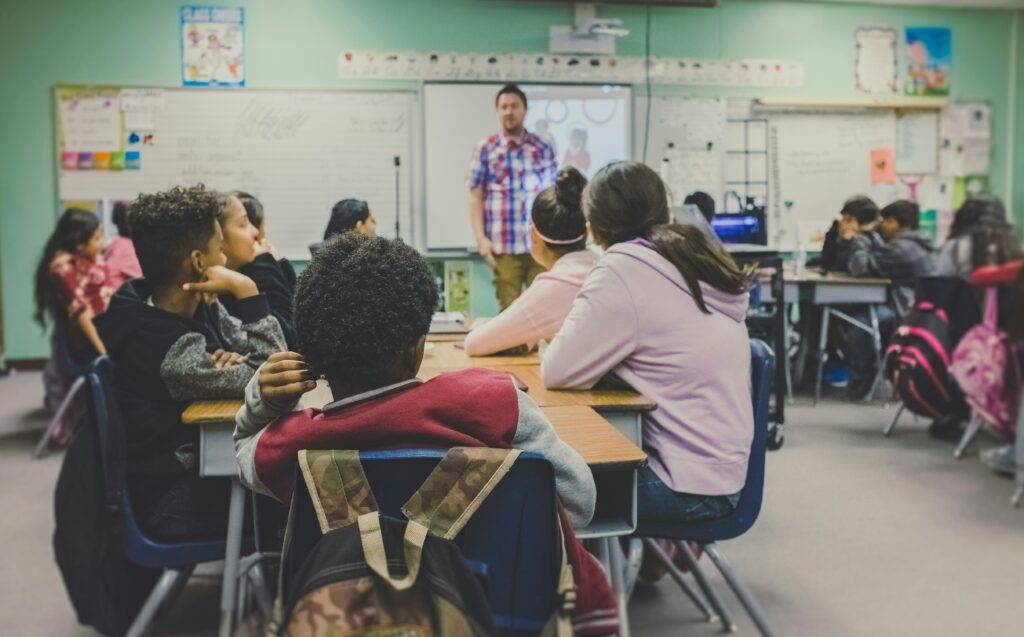When you’re a parent, your child is of utmost priority. An important part of your child’s life would be their education. No matter how hands-on of a parent you are, you’ll have to ultimately let go when your child is in school. During that time, the teacher is in charge. For a lot of parents, this can be difficult to do. How can you so easily trust somebody with the care and education of your child when you barely know them?
In this article, we’ll go some best practices for interacting with your child’s teacher so that both you and the teacher know the goals you have for your child and how to help your child achieve these goals.
Where can you interact with a teacher?
Most of parent-teacher interactions occur during parent-teacher conferences. These conferences often occur periodically throughout the school year. The schedule depends on the school itself. Some schools will have it after every quarter. Some after every semester. Some will have it more frequently. To know when these parent-teacher conferences are, we highly suggest speaking with an administrator or with the teacher themselves.
Beyond these parent-teacher conferences, you’re also free to speak to your child’s teacher after class. Most of the time, these teachers will gladly speak to you about your child’s progress in class and will be open to conversations. Keep in mind that you must treat these teachers with respect.
Best Strategies for Parent-Teacher Interactions
- Establish communication channels.
The best way to start is by establishing communication channels. These channels can be email, a phone number, or a social media platform. While the latter is rare and often out of the ordinary, it also isn’t unwelcome. Establishing a communication channel should involve both the teacher and the parent as giving out personal information like an email or phone number requires consent. Speak to the teacher to ask them which communication channel they prefer.
- Set goals for your child.
When you speak to a teacher, make sure that you let them know the concerns you have for your child and the goals you have for them as well. Perhaps your child struggles in Math or has difficulty socializing. These are things you must mention to the teacher so that the teacher may provide an environment in which these concerns are addressed.
- Learn to trust the teacher.
A key aspect to good parent-teacher relationships is trust. You must trust the teacher who has been professionally trained to help your child with their education as much as the teacher trusts you to reinforce what they learn in the classroom. You cannot be on top of the teacher. While it is ok to ask for updates, hounding the teacher and emailing them multiple times a day will not help your case. Instead, trust the teacher. If anything alarms you, feel free to talk to the principal about it.
- Be open to listening to the teacher’s concerns regarding your child.
Just as much as you should let the teacher know of your concerns with your child, you must also be open to listening to the teacher’s concerns. They might observe behaviors with your child that you might have to change or teach them not to do. In order to properly address these issues and provide your child with the right guidance, you must be open to listening to concerns.
The Takeaway
Parent-teacher interactions are more important than one might think. A child’s day-to-day often revolves around home and school. At home, the parent takes charge. At school, the teacher does. They must work hand-in-hand in order to provide the child with a safe environment and the right guidance. Use these strategies when you want to speak to your child’s teacher next to further enhance communication.
By Moira Du



